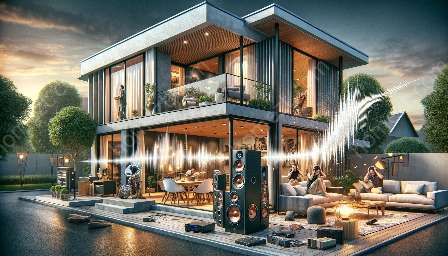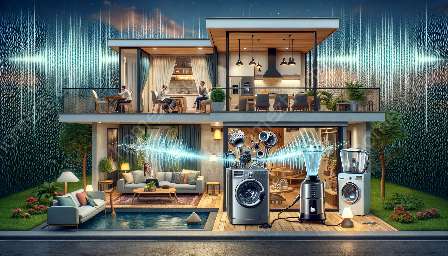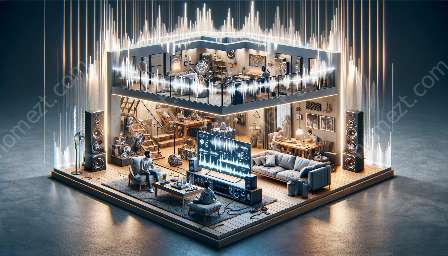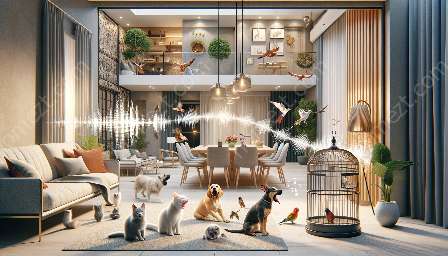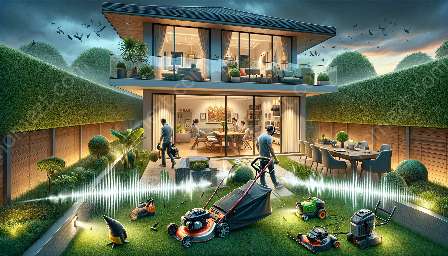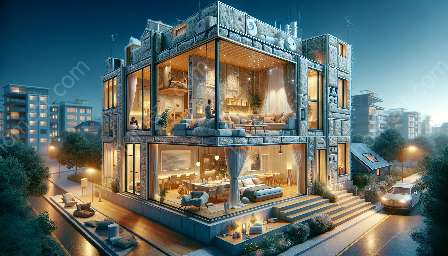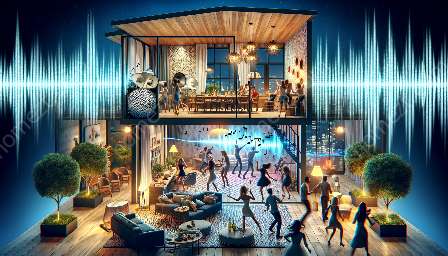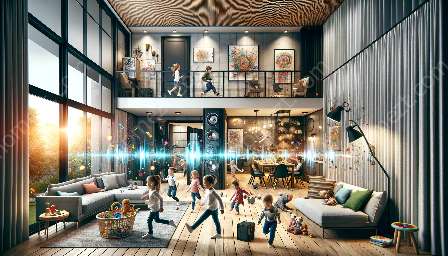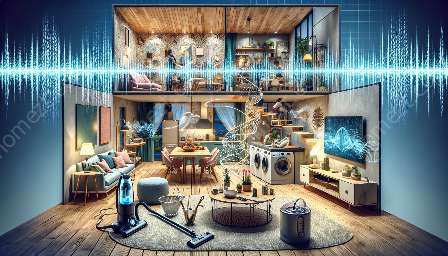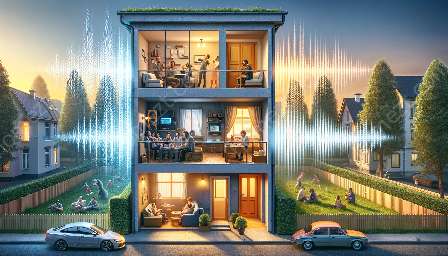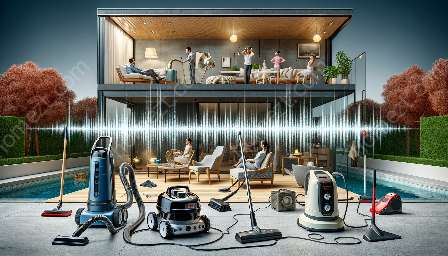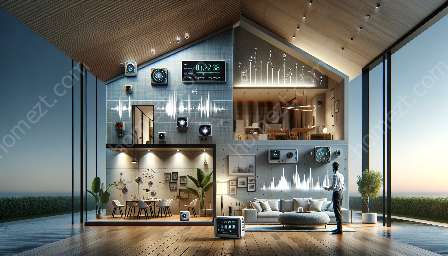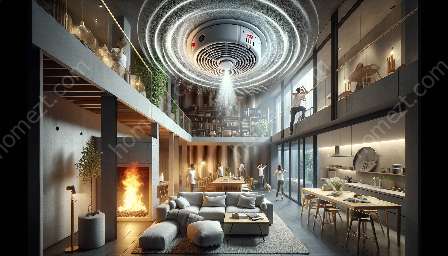When it comes to the causes of noise pollution in homes, the heating and air conditioning units play a significant role. In this comprehensive guide, we will delve into the reasons for noise from these units, explore the broader issue of noise pollution in homes, and discuss effective noise control measures.
The Causes of Noise Pollution in Homes
Noise pollution in homes can be attributed to various factors, including the operation of household appliances, traffic sounds, and neighborhood activities. However, a common contributor to noise pollution is the heating and air conditioning systems. These units can produce disruptive noises, impacting the comfort and tranquility of a home environment.
Reasons for Noise from Heating Units
Heating units, such as furnaces and boilers, can emit different types of noise. Common causes include:
- Fan and blower noise: Resulting from the movement of air through the heating system's ductwork and components.
- Banging or popping sounds: Caused by the expansion and contraction of metal ducts and pipes as the heating system heats up and cools down.
- Vibrations: Induced by the operation of the heating unit and its components, leading to rattling or buzzing noises.
- Ignition and burner noise: Occurring during the heating process, often heard in gas-powered systems.
Reasons for Noise from Air Conditioning Units
Similarly, air conditioning units can generate disruptive noise, with causes such as:
- Fan and compressor noise: Arising from the movement of air and the operation of the compressor within the air conditioning system.
- Refrigerant flow noise: Resulting from the circulation of refrigerant through the AC system's coils and pipes.
- Vibrations: Caused by the functioning of the air conditioning unit and its components, leading to humming or rattling sounds.
- Blower motor noise: Heard when the motor that propels the cool air experiences issues or wear and tear.
Noise Control in Homes
Controlling noise in homes, particularly from heating and air conditioning units, requires a multi-faceted approach. Some effective strategies include:
- Regular Maintenance: Ensuring that heating and air conditioning units are well-maintained can prevent or mitigate noise issues. This includes cleaning, lubricating, and inspecting various components.
- Insulation and Soundproofing: Adding insulation to ductwork and surrounding areas can dampen noise from heating and cooling systems. Soundproofing materials can also be installed in walls and ceilings to minimize sound transmission.
- Upgrading Equipment: In some cases, replacing old or noisy heating and air conditioning units with modern, quieter models can significantly reduce noise pollution in homes.
- Strategic Placement: Proper installation and positioning of heating and air conditioning units can minimize their noise impact on indoor and outdoor spaces.
- Noise-Reducing Accessories: Utilizing noise-reducing accessories such as vibration isolators and acoustic barriers can help mitigate the operational noises of HVAC systems.
By implementing these noise control measures, homeowners can create a more peaceful and comfortable living environment while minimizing the impact of heating and air conditioning unit noises.

